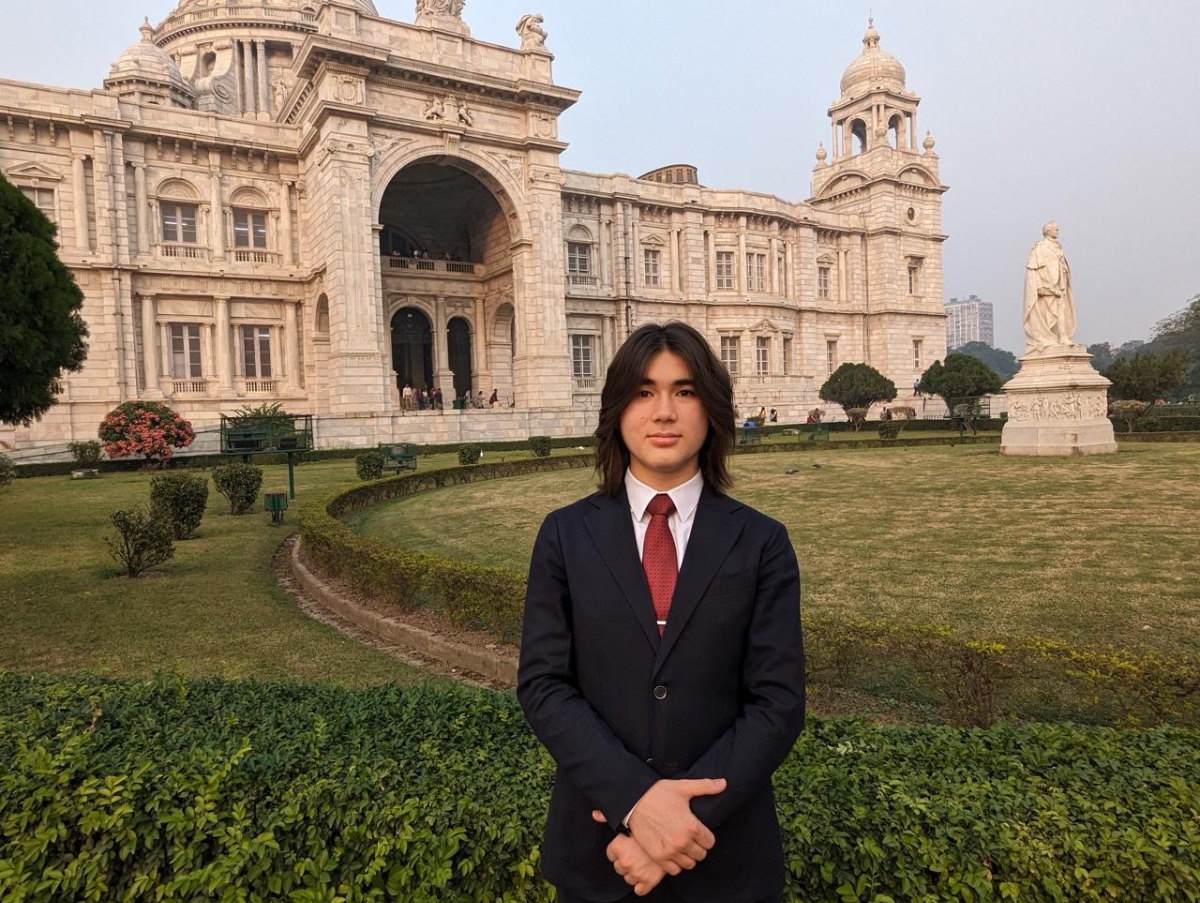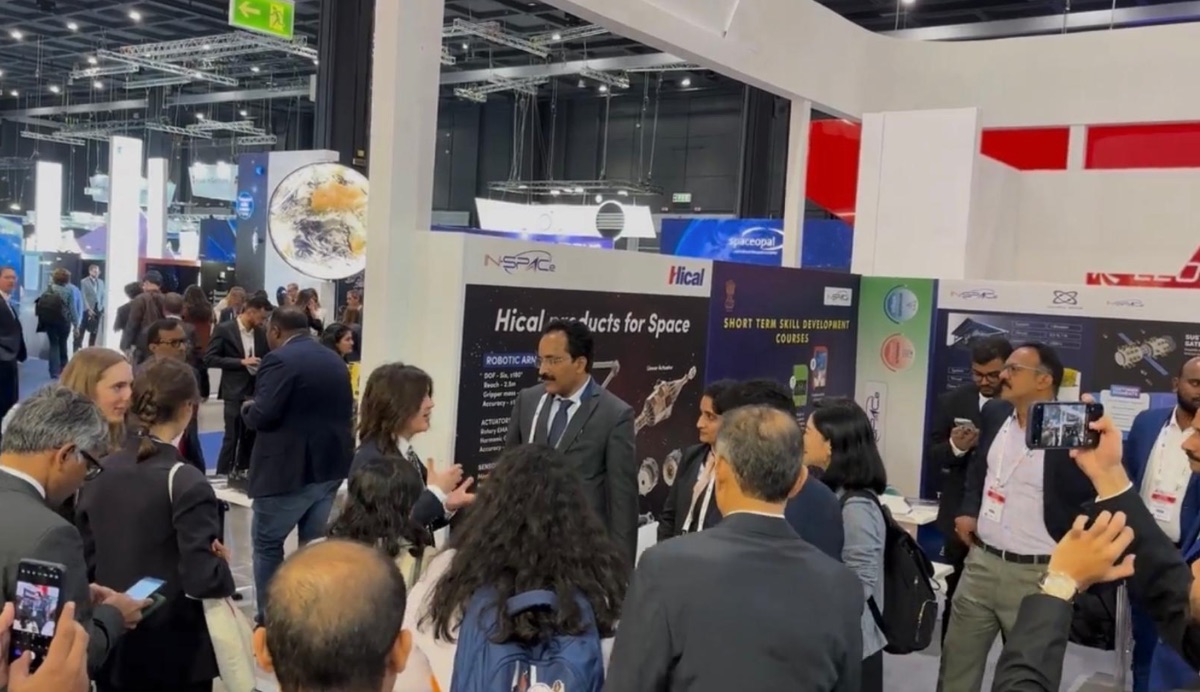Ryu Issey, the World's Youngest Rocket CEO, Receives an Unprecedented Offer from the Indian Space Agency — But Ups the Stakes

Ryu Issey Itahashi, CEO of The Rocket Corporation, on the photograph, is planning a heavy rocket spaceport in the Middle Eastern desert.
By Anita Rossi — January 2025
In a scene more likely to be found in a futuristic novel than a boardroom in India, 16-year-old rocket engineer and the youngest-ever Japanese CEO, Issey Ryu Itahashi, sat face-to-face with the most powerful figures in Indian space exploration — and walked away with an opportunity to build a rocket manufacturing company as a sub-contractor to ISRO for the next decade on Indian soil.
In November 2024, just days after the Indian Space Research Organisation (ISRO) was named “Best Space Agency in the World” at the prestigious Italian Astronautical Conference, Ryu Issey met with ISRO Chairman Dr. S. Somanath and five of the agency’s top directors at their headquarters in Bangalore, India. What began as a formal introductory visit took a historic turn when the ISRO chairman extended an unprecedented offer to the young rocket visionary.
Ryu Issey, a Japanese rocket engineer based in Europe, is recognized in aerospace circles as a strategist and the driving force behind the world’s first private heavy rocket spaceport in the Middle East.
At the meeting, Ryu Issey’s goal was to persuade ISRO to take on a significant role in the co-ownership of the first private heavy rocket spaceport and heavy rocket launcher — a project to be located outside India and requiring no financial investment from either ISRO or the Indian government, only operational partnership. As negotiations progressed, the young CEO was offered a business deal that would allow his team to work on a decade-long engine system development program for India’s NGLV rockets — based on Indian soil.

Issey Ryu Itahashi – on the photo is the youngest CEO of the Rocket Company of the world.
But instead of accepting this intriguing and unprecedented offer, the young CEO countered with a bold proposition: he would agree only if the agency committed to shifting from the development of traditional expendable rockets and partially reusable rockets to Fully-Reusable Heavy Rockets — a move that would thrust ISRO deeper into the commercial space race alongside SpaceX.
According to sources close to the discussion, the agency has yet to respond to the proposal. While ISRO has a long-standing commitment to scientific exploration and missions of national interest, a commercial collaboration of this scale would require governmental review and approval. The decision can only be made following a strategic analysis of India’s space policy framework and long-term national objectives.
Should ISRO accept Ryu Issey’s proposal, it would mark a rare instance of public-private collaboration — and, for the first time in history, a venture developed outside India’s national jurisdiction.

Issey Ryu Itahashi, CEO of The Rocket Corporation GmbH, speaking with Dr. S. Somanath, Chairman of the Indian Space Research Organisation, at the Astronautical Conference in Milan.
The Indian Space Agency is among the most accomplished in the world and can confidently continue focusing on launches that serve national interests. However, if India seeks to raise its global profile as a space power, partnering with some of the world’s brightest young engineers may be a strategic move — especially as Middle Eastern investment could turn this initiative into the most significant space project of the next 100 years.
Whether the deal moves forward or not, one thing is certain: Ryu Issey has already made history — and the countdown to what comes next has just begun.